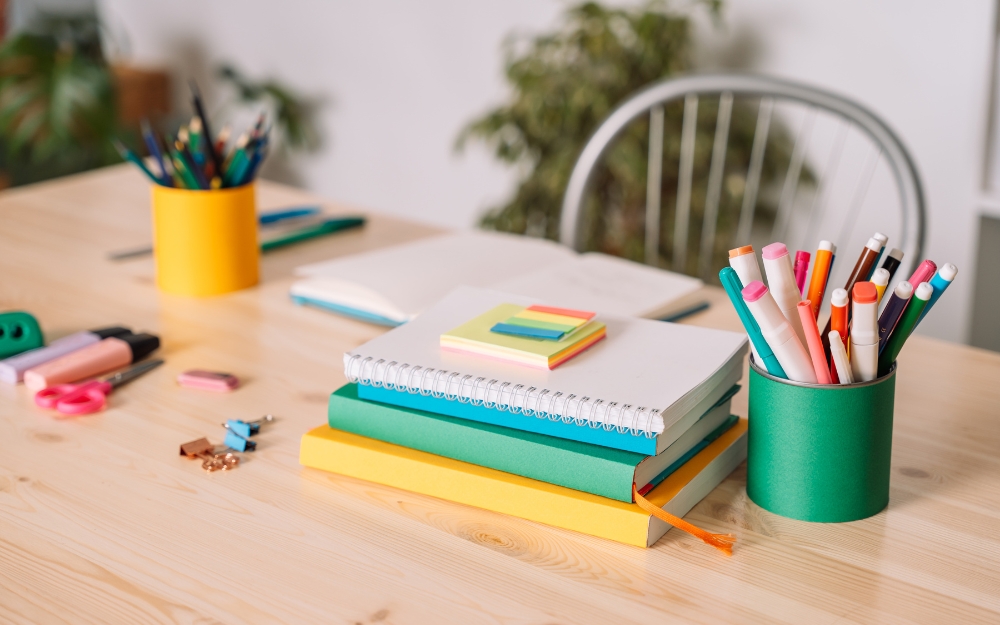If you’ve got teenagers in your household who are about to sit their NCEA exams, chances are they’re pretty stressed out. Here’s some advice you can offer.
**1. Avoid distractions
**This one’s obvious, but so many people try to study in a noisy environment with easy access to temptations that can take their mind off what they should be doing. Try to go somewhere quiet and turn off the TV.
**2. Social media is not your friend
**Not when you are trying to study, anyway. This, and other online distractions, should be avoided. If you don’t need the internet to study, consider switching off Wi-Fi.
**3. Write out notes by hand
**If you usually type up your study notes on a computer, try writing them out longhand. Yes it will take longer, but you have to think about what you’re writing and the information is more likely to sink in.
**4. Read it out loud
**Reading your study notes aloud to yourself can help you to absorb and retain details. It means you’re processing the information audibly as well as visually, and the more ways you can learn, the better.

The brain processes new memories while we’re asleep, so a short study session before bed can be beneficial.
5. Have a study session **just before bed
**It’s not a good idea to miss out on valuable shut-eye, but try to study for a short while just before going to bed. The brain processes new memories while we’re asleep so there’s a good chance we’ll have better recollection of whatever we reviewed just before dozing off.
**6. Ban books from bed
**If you are studying just before sleep time, don’t do it in bed. Your brain may then associate your bed with work and not sleep, so you may find it hard to get a good night’s sleep.
**7. Break it up
**A learning technique called spaced repetition advises breaking up information into bits and reviewing them over a long period of time. So if you’re trying to remember the periodic table, focus on a few rows every day for a week and review what you learned the previous day before starting on learning the next lot.
**8. Test yourself
**Set yourself little tests to check that what you’re learning is sinking in. At the end of each study session, compile a little quiz of what you’ve revised, and test yourself on it the next day.
**9. Plan it out
**Devise a schedule of what you are going to study and when, so you make sure you cover all bases. Otherwise there could be crucial sections of revision you miss out on.
**10. Mix and match
**If you’ve been conjugating French verbs for ages, your brain can start to switch off. Throw in an hour’s worth of algebra to keep your brain working at its best.
**Other top tips for better studying:
**
Take regular breaks
Listen to classical music
Do half an hour of aerobic activity every day to get blood to your brain
Don’t skimp on sleep
Eat foods high in omega 3s such as salmon and nuts – they boost brain power.
Take a look at seven ways to get your kids moving here.
Images: Pablo Martin/ bauersyndication.com.au. Brenton Colley/ bauersyndication.com.au.




